The exchange rate between the naira and dollar depreciated to N410.25/$1 at the official NAFEX window on December 31st, 2020 ending a tumultuous year for the currency market.
At N410.25/$1, the exchange rate officially depreciated by 11.8% for 2020 at the official NAFEX window of the FMDQOTC where forex is traded by investors and exporters. In line with accounting standards, companies across Nigeria who have dollars in their bank accounts will convert their balances to naira using N410.25/$1.
Another Devaluation
Nairametrics first reported earlier in the day that the exchange rate may have been devalued to N410/$1 at the official I&E Window when trades crossed above N410 in mid-day trading, signifying a possible devaluation of the naira.
READ: Over 1 million people took loans from banks below 20% interest rate in 1 year- CBN
- The official exchange rate quoted on the website of the central bank remains at N379/$1 as of December 31st, 2020, and is yet to be updated. The FMDQOTC website however updated their closing rate to N410.25/$1 as at close of business December 31st, 2020.
- The highest price on the day was N412.05 while forex turnover on the day was $235.75 million rose. Nigeria’s external reserve increases by $515 million in 12 days, rising from $34.841 billion as of 18 December 2020, to $35.356 billion as of 30 December 2020.
- Information reaching Nairametrics suggests there was a surge in demand pressure during trading forcing authorities to allow trades to cross higher than N410/$1 and settling at this price by closing.
- The exchange rate at the parallel market closed at N470/$1 for anyone selling marking a disparity of about N60 with the official rates.
READ: Ethereum market value of $83.8 billion is now bigger than Nigerian Stock Exchange
What happens in the new year
The central bank is yet to update its exchange rate figure on its website and did not issue any circular reflecting any official adjustments for the exchange rate.
- We also understand that the latest round of adjustment at the I&E window is temporary as the rates could fall back below N400/$1.
- The latest devaluation is likely to trigger another round of uncertainty for the currency market that has remained disconnected from the reality in the parallel market.
- With the exchange rate disparity at N60, we believe another round of devaluation could be in the offing with our analyst estimates placing at between N430-N440/$1.
- Already, foreign currency wire transfers (which is not always captured by black market rates) in the millions of dollars exchange for as high as N480/$1
- The World Bank has also compelled the CBN to unify the multiple exchange rates suggesting that rates at other windows will likely adjust closer to the NAFEX as early as next week (assuming this rate remains).
READ: Inflation rate, yet to factor in rise in higher electricity prices
Nigeria’s Devaluation Story
The central bank has now devalued the exchange rate at least three times this year at the official investors’ and exporters’ window as it strives to bridge the disparity between the official and parallel market rates.
- The first devaluation occurred on March 20th when the exchange rate went from N307 to about N360 on the NAFEX market
- The second occurred on August 6th when it went from N360 to N380 to the dollar respectively.
- The I&E window has often recorded Naira devaluation ahead of the CBN official rate.
- Nigeria maintains multiple exchange rate windows with rates that are marginally different.








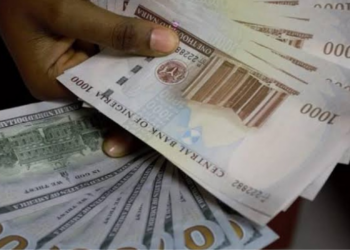
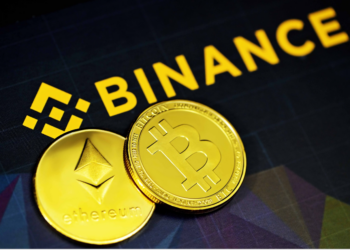
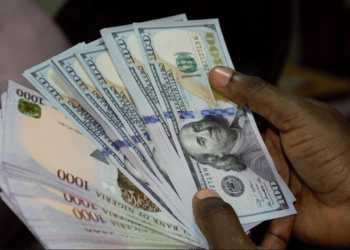

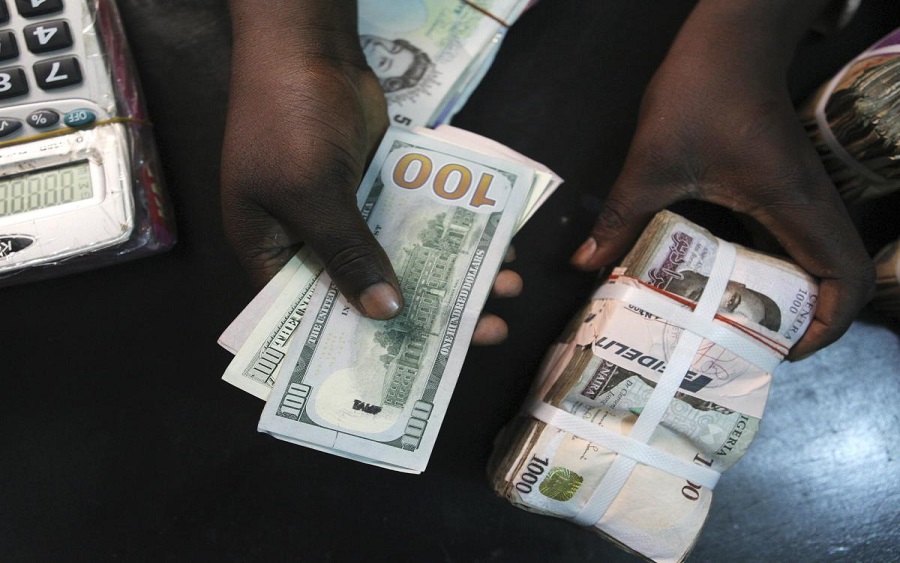


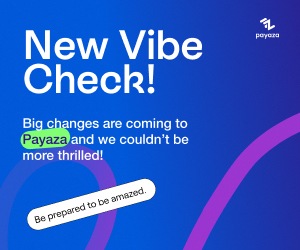








Is this good or bad ?
Does it means that the naira has been devalued again?
No matter how much we devalue the Naira, the black market rate will still be higher as long as there is a black market.
Diversify the economy from oil dependency and improve local production of the things we import
It will be nice to start instead of mere online talk, do your bit in diversifying the economy. We all know the economy needs to be diversified already.
This is a very sad development which likely to cause more inflammation.
Until Nigeria diversity,mono-economy will continue talking us backwards while the political elites will keep growing fat their both local and foreign bank accounts.
What is the implication of the devalue the naira on foreign and local investment
Nice job congrats